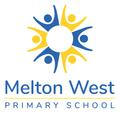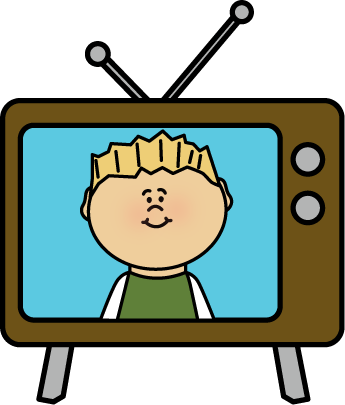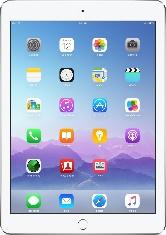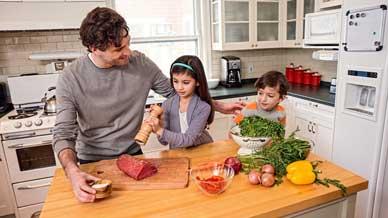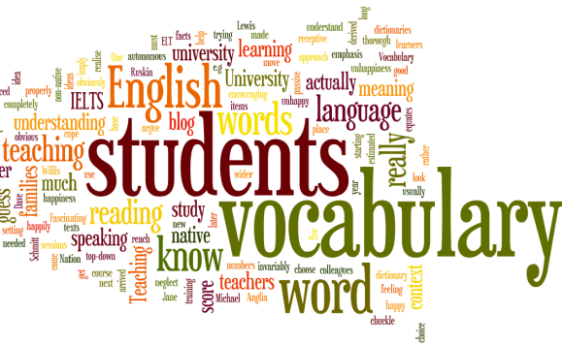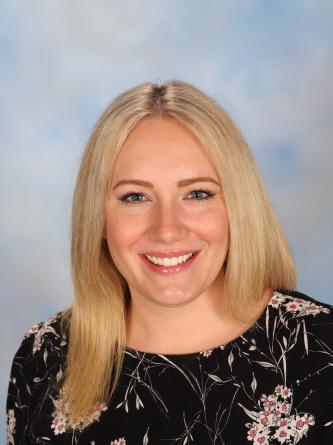Literacy Report
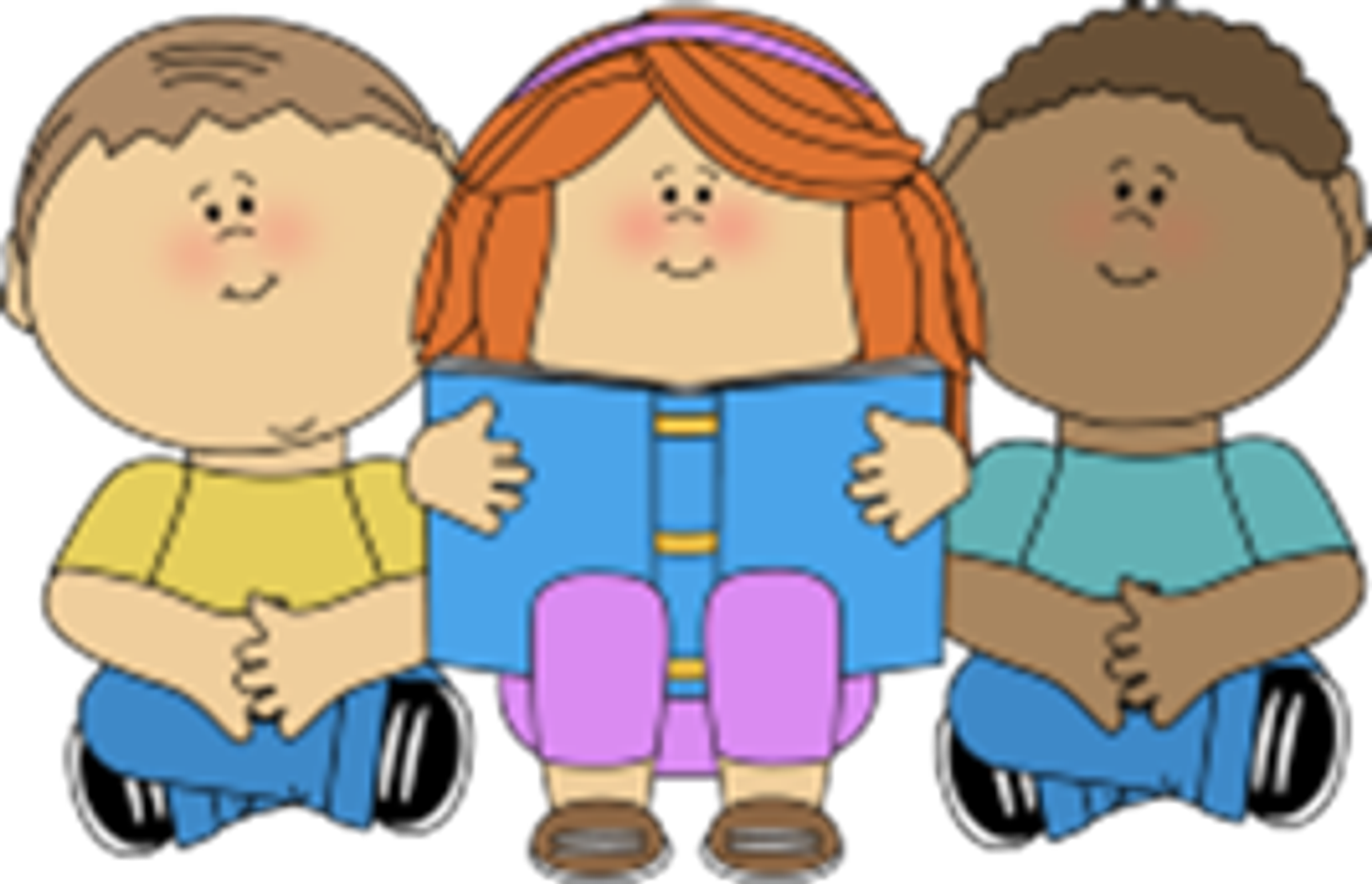
Getting it right in English!
Helping to increase your child’s vocabulary
The language children use is modelled, or based on, what they hear from their parents. Parents are the first language models for children. It is important to create an environment that enriches what a child hears. The words your child hears are the words they will use with encouragement.
Here are some tips or ideas to build vocabulary knowledge at home:
- As much as possible, encourage family discussions. Set a time each evening to turn off the TV and have a chat. One of the best places is the dinner table as it is one of the few times everyone is together. Set up some ground rules such as ‘No eat and run’, and ‘Everyone will have something to talk about’ during and after dinner. This is an opportunity for ‘hear and tell’ time. Model appropriate turn taking and asking clarifying questions during discussions. Things to talk about include what is going on in the neighbourhood, current news events, what happened at school, events that are coming up, family plans, and family decisions.
- If you have the technology available, make a recording of words. Say the word,
- define the word and then use it in a sentence. Select words that your children will find interesting. Encourage regular use of the recorded words. This is also an activity that can be done without technology,
- ‘Word of the Week’ could be a fun, family game-like activity you could play. Each person selects a word taking turns each week. For example, the first week it might be mum who writes a word on a card and puts it on the refrigerator door. Everyone must use that word as much as possible that week. The next week its dad’s turn, then the children’s turn and so on. As the words are used, post them on a cabinet door to stimulate continued usage.
- When out on family outings, or during family activities such as cooking- use the vocabulary related to those activities as much as possible. Explain and/or show what they mean. For example, when following a recipe use, explain and model words such as dice and shred.
- When reading together for nightly reading, check in with your child whether they understand some of the words in the text. Some children can read/decode these words but may not understand their meaning. In fiction texts, ask your child to look at the picture and think about what is happening in the story. Is there another word (synonym) that means the same thing? In non-fiction texts, again use the pictures and diagrams, but also encourage your child to look for a glossary. Even better, you might create a glossary for some of the non-fiction books being read!
All students have access to their class Epic! account and their individual Wushka account. There are some fantastic fiction and non-fiction texts on both these platforms. On Epic! there are some children’s magazines called National Geographic Kids or National Geographic Young Explorer. These magazines cover many interest areas of children: cars, sports, computers, the out-of-doors, animals. The information from the articles makes an ideal subject for family discussions.
Sarah Mills
Leading Teacher Literacy
